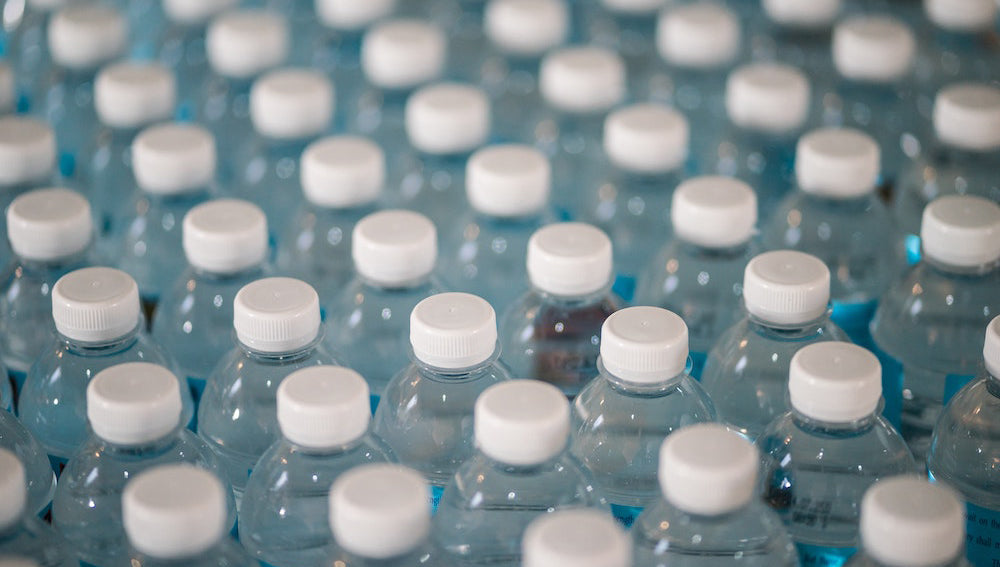
6, July 2022
9 Ways To Reduce Plastic Every Day
Us human beings, we’ve created too much plastic for our own good. We’ve got so much of it that our waste and recycling systems don’t know what to do with it. And it’s estimated that 12 million tonnes of the stuff are flung into our oceans every year, clogging up our beaches and choking wildlife. For a material that lasts hundreds and hundreds of years, you’d think we’d have made better use of it by now.
True, the plastics problem is bigger than any one of us. But imagine if all of us did one thing differently. For #PlasticFreeJuly (or as we like to call it, plastic free always) we’re looking at ways we can turn the tide on waste. Here are nine easy ways to reduce your plastic footprint every day:
1. Don’t be clingy
There’s more to life than clingfilm. Instead, opt for food containers that stand the test of time (extra points if they’re glass or aluminium). You can try your hand at making your own beeswax fabric wraps. And you know those bags your bread and pasta come in? Those can be reused over and over again too – perfect for packing your sandwiches.
2. Raise the bar
Reduce your plastic footprint by thinking outside the bottle. Our zero-waste shampoo, conditioner and soap bars scrub up just as well as their liquid counterparts – with none of the plastic.
3. Leaf it out
Plastic is the last thing we want in our brew. A lot of tea brands seal their bags with a plastic called polypropylene – meaning they aren’t biodegradable, and can’t go in your food bin. Look for eco-friendly alternatives, or better yet, switch to loose leaf tea. (It feels fancier too.)
4. Go natural
Clean up your act in the kitchen and bathroom by looking for natural sponges and reusable alternatives. Green fingered? You can even grow your own loofah!
5. Carry a reusable bottle
Every day in the UK 35.8 million plastic bottles are used, but only 19.8 million are recycled. The maths isn’t great. By switching to reusable water bottles we can help cut down on single-use plastic pollution; keeping bottles out of landfill and protecting our natural spaces. It’s a good idea to look for bottles that are made from aluminium, glass or BPA free plastic.
6. Chew your toothpaste
Because they’re made up of mixed plastics, and often come with a metallic internal layer, toothpaste tubes are notoriously difficult to recycle. The eco alternative? Solid toothpaste saves the day. These compact, chewable tablets come in glass jars, tins or recyclable plastic bottles – good riddance to rolled up tubes and wasted paste.
7. Re-re-refill
Whether it’s one of our recycled plastic 400ml bottles or our aluminium Refill-A-Bottle, the most sustainable container is the one you’ve already got. Next time you run low, fill up your empties at your local refill store, or if you’re the refill at home type, choose our plastic saving 2.5L, 5L or 20L bottles.
8. Cook from scratch
Food packaging is a huge part of the single-use plastic problem, and it’s really hard to avoid. From unrecyclable takeaway containers to film covered supermarket foods – these things are everywhere. But by steering away from pre-prepared foods and making meals from scratch (when you can) you’ll be lighter on landfill.
9. Get a GUPPYFRIEND
There are some plastics we can’t even see. Microplastics, which can be shed from synthetic clothes and textiles in the wash, end up flowing down our drains and into our waterways, harming the environment wherever they drift. GUPPYFRIEND washing bags are designed to catch these pesky plastics and stop them getting into nature.Enjoy this? You might also like:

